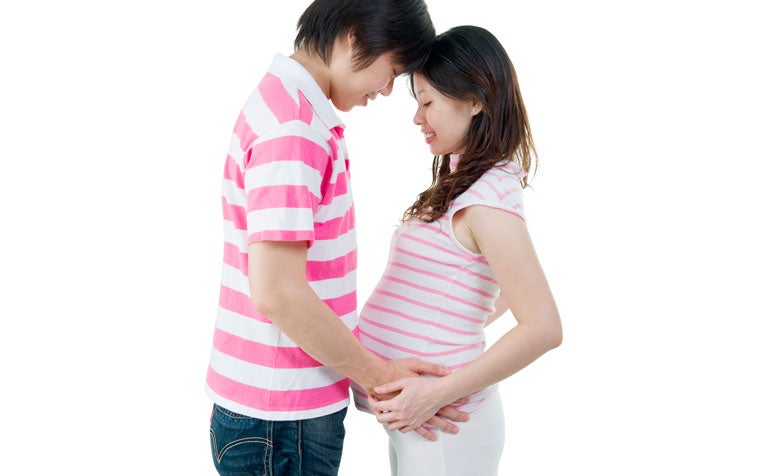
Miscarriages affect about 25% of pregnancies in Singapore.
Causes and risk factors of miscarriage
About 50 per cent of all miscarriages are due to genetic or chromosomal disorders which affect the normal growth and development of the embryo or foetus. However, most chromosomal defects happen by chance and are isolated incidents which do not affect the chance of success of subsequent pregnancies.
Causes of miscarriage that are related to the health of the parents include:
- Uterine (womb) abnormalities
- Incompetence of the cervix (neck of the womb)
- Hormonal deficiencies
- Infections such as rubella and chicken pox occurring in the first trimester
- Uncontrolled severe diabetes, thyroid disease or autoimmune disease
“A miscarriage is more likely to occur in a multiple pregnancy or with older parents, when the mother is over 35 years old and the partner over 40,” says doctors from the Department of Obstetrics & Gynaecology at KK Women's and Children's Hospital (KKH), a member of the SingHealth group.
The good news is that the risk of miscarriage decreases as the pregnancy advances.
In the case of recurrent miscarriages, a more thorough assessment of the couple is warranted. “We may then look for womb or cervix abnormalities, or hormonal deficiencies, amongst other tests,” doctors add.
Presenting the facts about miscarriage causes
Everything from a hot bath to sexual intercourse has been linked to miscarriage. Are these potential causes of miscarriage or just myths? Here are the facts:
Stress
Stress has been associated with miscarriage in many studies. However, it is very difficult to quantify how much stress can affect the pregnancy. “If you are in a stressful work environment and you have had recurrent miscarriages, we would advise you to take a good break from your work, especially in the first 12 weeks of pregnancy”.
Strenuous physical exercise
Strenuous exercise should be avoided in the first trimester, especially for women who have a history of miscarriages.
Unpasteurised dairy products and raw meat / seafood
Unpasteurised dairy products and raw food should be avoided as they can carry bacteria such as Listeria and Salmonella, causing listeriosis and salmonellosis. These infections can potentially cause miscarriage.
Hot baths
Avoid hot baths and saunas as high temperatures can potentially cause miscarriage or spinal tube defect in the baby.
Caffeine
High caffeine intake has been associated with the risk of miscarriage. “We advise pregnant patients to avoid caffeine in the first trimester and to drink no more than one cup of coffee or tea a day subsequently.”
Sexual intercourse during pregnancy
Sex is permissible if the patient does not have pain or bleeding.
Lifting heavy objects
A pregnant woman should not lift heavy objects as this can cause cramps and bleeding in the first trimester.
Smoking and alcohol
Smoking and excessive alcohol intake are associated with an increased risk of miscarriage.
Working at a computer all day
The radiation from a computer is very low and no study has proven that it is harmful for the embryo or foetus. “However, we would advise pregnant women to take a short break, rather than work continuously at the computer.”
Air travel
Air travel should be undertaken only after the first trimester when the pregnancy is more stable.
Use of NSAIDs and birth control pills
While NSAIDs (non-steroidal anti-inflammatory drugs) are not associated with miscarriage, they can lead to foetal malformations and should be avoided. As for birth control pills, the woman should stop taking them as soon as she suspects pregnancy.
Ref: S13
Contributed by














 Get it on Google Play
Get it on Google Play